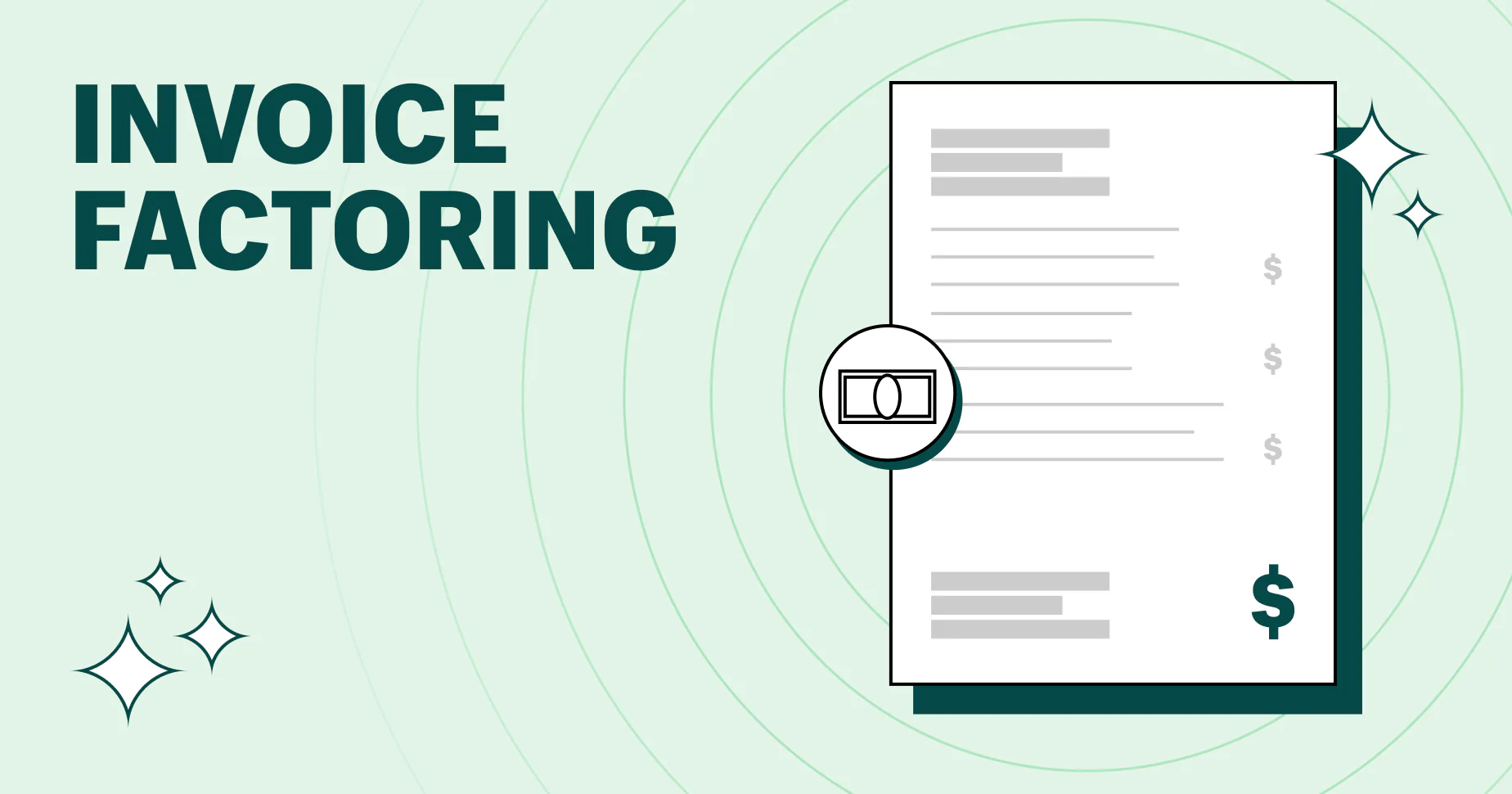As a small business owner, invoicing is an essential aspect of managing your finances. Invoicing is how you bill your customers for goods or services you provided.
So, it’s important to have a clear and efficient invoicing process in place to ensure timely payment and accurate record-keeping.
In this article we shall be looking at some of the best invoicing practices for small business owners.
However, before we continue, let’s get some understanding about small businesses. Small businesses are privately owned and may not make as much revenue as those done on a much larger scale.
However, it is important to know that even the largest business owners of today started from somewhere. So if you are currently a small business owner, it means that you are on the right track.
What is a small business?
A Small Business is one that is considered small in terms of its workforce, sales volume, or organizational structure.
A small-scale business differs from country to country. According to statistics, a small business is an enterprise with fewer than 500 employees, but business size can also be measured in terms of sales volume and organizational structure.
Features of a Small Business
The features of a small business are the characteristics that a business must exhibit, for it to qualify as a small business.
- Ownership: Small businesses often have a single owner. For this reason, it is often referred to as a sole proprietorship.
- Management: When small businesses speak to you about management, have it at the back of your mind they speak about one person and that’s the owners of the Business. This is because the owner controls all the management works.
- Limited Reach: They have a restricted area of operation. So they may be a local shop or an industry located in one area.
- Labor Intensive: Small businesses are solely dependent on labor and manpower and have little or no technological presence or advancement.
- Flexibility: Because they are small, they are open and flexible to sudden changes, unlike large industries, which would typically find it difficult to adjust to situations.
- Resources: They utilize local and immediately available resources. They do better in the utilization of natural resources and limited wastage.
Advantages of being a Small Business Owner
- Control
As a small business owner, you have total control of what goes on in your business. From sales to operations to customer service to logistics, all these are controlled by the business owner.
This is great, as there is a huge level of commitment that enables small business owners to fully get involved in their businesses.
- Prestige
Being your own boss comes with a lot of respect, as it is mostly perceived by the majority. This is where the tag CEO – Chief Executive Officer comes in.
When people introduce themselves as the “CEO” of a business outfit, they automatically earn the respect of others. No one really cares whether the business is big or small.
- Independence
Running a small business means independence. Everything about the business is decided by the small business owner. Things like what hours to work, what to pay, and whether to go on breaks or not.
- Opportunity
As a small business owner, there tend to be lots of opportunities around you. It creates an opportunity for a person to make a contribution. Most new entrepreneurs help the local economy.
Disadvantages of being a Small Busines Owner
- There is no guarantee of regular pay
Sadly, as a small business owner, you do not have the guarantee of monthly payments like those who work in large organizations.
If you work in such an organization, your pay remains regular as long as you continue to work with the organization. Unfortunately, a small-business owner cannot relate to this.
2. Time
A large disadvantage of being a small business owner is the fact that you will most likely play all the roles and attend to your business needs accordingly.
This simply means that you might just have to play the role of an accountant, a logistics person, a sales representative, a customer service representative, as well as a social media manager.
This means that you have to make a lot of time commitment to your small business, in order for you to have a smooth run.
3. Risks
Risks are a part of every business, whether small or large but as for Small Business owners, it tends to be inevitable.
Imagine yourself leaving a full-time 9-5 job, to commit to your own small business. If that business progresses, all is well and good, but if it crumbles, the financial setback is a hard pill to swallow.
4. Uncertainty
Uncertainty is a big part of running a small business. As much as your business may be progressing, anything could happen at any time. The economic downturn is not an occurrence that can be predicted.
For example, Nigeria is currently experiencing hardship as a result of the Naira redesign.
Although everyone was aware of the new policy, no one thought that it would have such an effect on the economy.
As a small business owner, your business requires electricity to function, for that reason, fuel scarcity is another occurrence that cannot be predicted.
Invoicing Practices for Small Business Owners
Taking a careful look at the above-listed advantages and disadvantages of being a small business owner, we should take a look at the best practices for Small Business owners.
What is an Invoice?
Invoices are commercial documents issued by sellers to buyers relating to a sale transaction and indicating the products, quantities, and agreed-upon prices for products or services the seller has provided the buyer. Payment terms are usually stated on the invoice.
An invoice could also state the products or services rendered to a particular client, indicating the amount due, and the expected date of payment.
Now that you have an idea of what an invoice is, let’s get you started on some of the invoicing practices for small business owners.
1. Follow up on overdue Payments
It is always advisable to send in polite and professional follow-ups when a client fails to meet your payment deadline.
You should be able to use your accounting software to track who is late. It also may be worth creating personalized templates for each client.
If a client is frequently late to pay, consider introducing a fee to encourage them to be on time going forward.
You can follow up by way of e-mails, but remember, emails have to be carefully crafted, and not sound rude, irritating, or intimidating.
2. Do not delay in sending invoices
One common mistake a lot of Small Business owners make is delaying sending invoices.
This translates to telling your clients that it’s okay to hold on to payments for as long as they want which is definitely not a good look at your business.
3. Offer multiple payment options
Your small business should be flexible enough to offer multiple payment options via your Invoices. Clients love it when they are given the liberty to explore payment options.
Also, if you are sending the invoice to an international client, be sure to specify the currency.
4. Use an Invoicing software
Invoicing software generates billing for services and products. It simplifies payment processes, giving your business an accurate picture of its finances, ensuring liquidity and flexibility, and contributing to a healthy financial forecast.
ProInvoice is a good example of an invoicing software to use.Practicing the above listed will assist in adopting the best invoicing practices for your small business.













